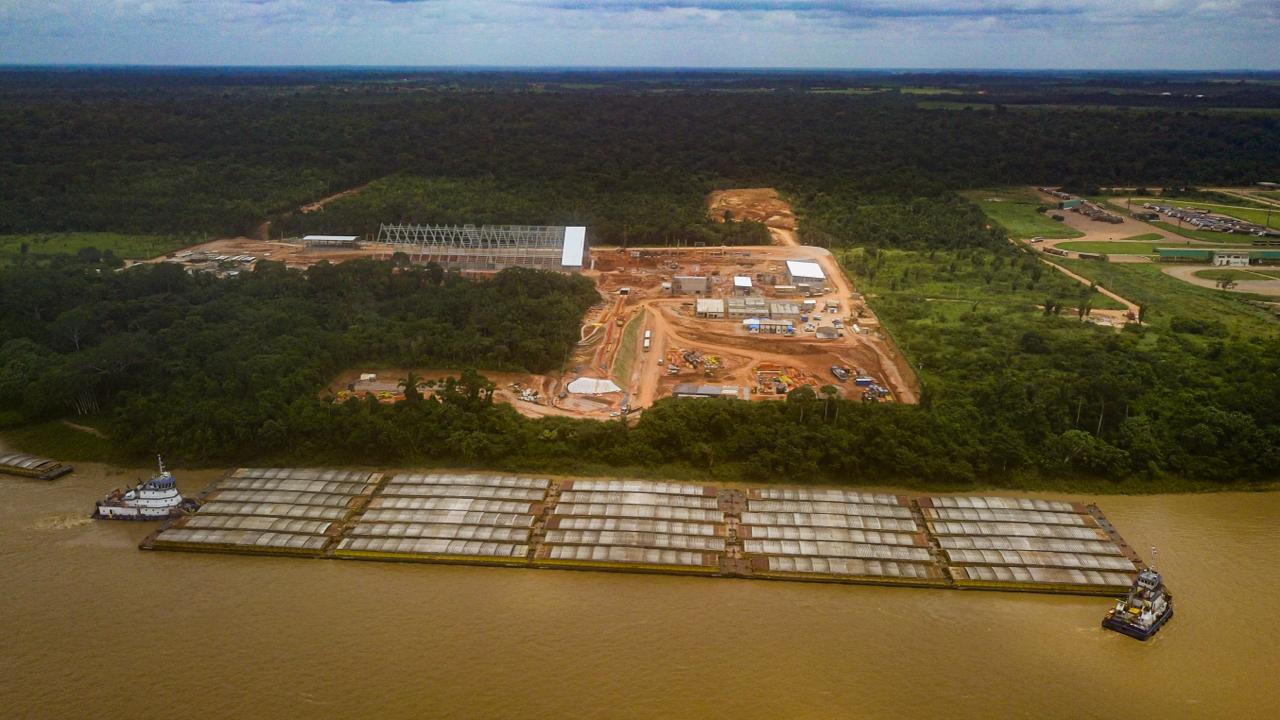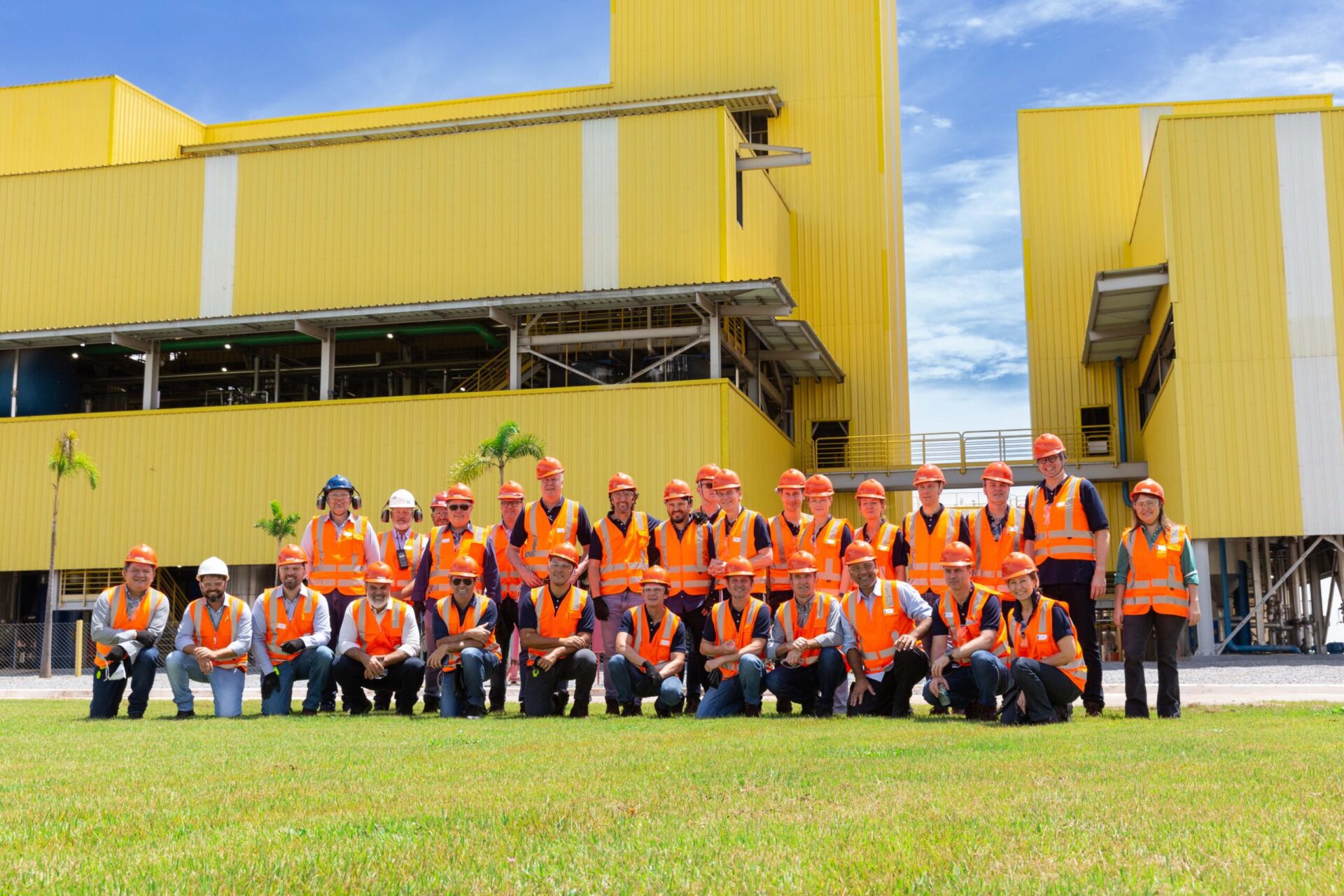15 de April de 2024
AMAGGI receives the country’s first authorization for B100 testing on a river vessel
AMAGGI will use B100 biodiesel in its river fleet. Still in the testing phase, the company obtained the country’s first authorization to use biofuel in a vessel. The permission was granted this Thursday (11) by the Board of the National Petroleum Agency (ANP) and marks another step towards the decarbonization of the company’s operations, one of its main commitments to fight climate change.
ANP’s authorization for experimental use of B100 biodiesel was granted for a specific trip, with information defined regarding origin and destination, as well as the quantity of biofuel required. In this case, the journey will be between Porto Velho (RO) and Itacoatiara (AM), traveling along the Madeira and Amazon rivers, consuming 150 thousand liters of biodiesel.
Testing on AMAGGI’s river fleet is expected to take place in the coming days, highlighting the company’s pioneering use of sustainable fuels in its operations. After conducting the test and obtaining consumption and efficiency data, AMAGGI is expected to request ANP’s approval for continuous use of the biofuel.
Recently, the Brazilian company announced that it will have the first farm to use B100 in 100% of its agricultural machinery. Additionally, it invested in its truck fleet, acquiring 100 vehicles fully ready to run on sustainable fuel.
AMAGGI is committed to achieving net zero emissions by 2050 through decarbonization strategies by 2035. One of the actions towards this goal is the use of biodiesel, which is less polluting than other fuels.
Biodiesel Plant
The B100 used by AMAGGI comes from the company’s biodiesel plant. The plant is located in Lucas do Rio Verde (MT), in the area where the company already operates a grain crushing industry and where the raw material for the production of biodiesel originates.
Biodegradable and sustainable, biodiesel is a type of fuel produced from renewable sources – in AMAGGI’s case, soybean oil. Its use is associated with a reduction in greenhouse gas emissions compared to the use of fossil fuels such as diesel and gasoline.







